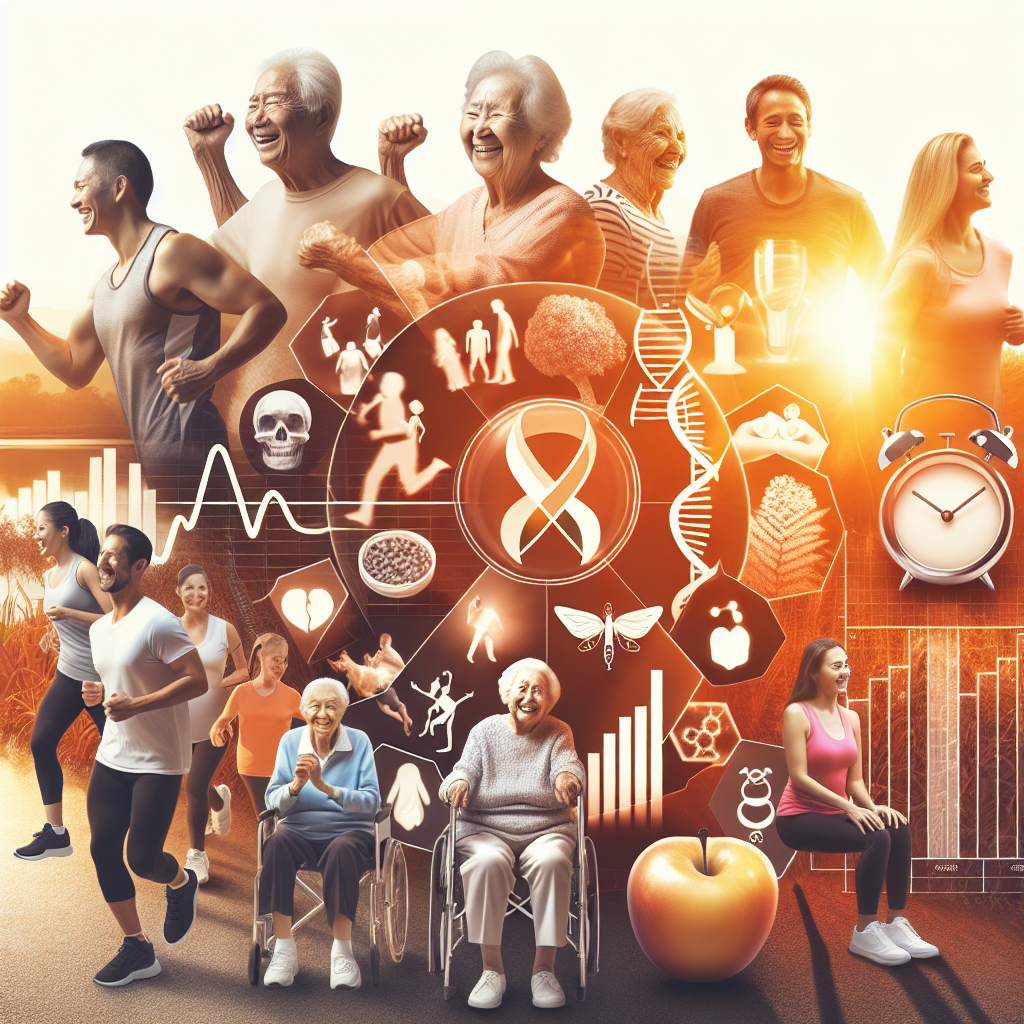Title: New Research Unveils Nutritional Mechanisms Behind Age-Related Cancer Risk Decline
A groundbreaking study reveals a remarkable, duality in cancer risk as it relates to aging: increasing from our 60s until 80, then surprisingly declining thereafter. This significant new insight into the biology of aging and cancer risk comes from an international team of scientists, and its implications may extend beyond our understanding of cancer to resonate with broader life lessons, weaving together science and wisdom found in spiritual teachings.
The study, published in Nature, centers on the behavior of alveolar type 2 (AT2) stem cells in mice, which play a vital role in lung regeneration and serve as common origins for many lung cancers. Researchers uncovered that older mice exhibited elevated levels of a protein named NUPR1. This molecule resulted in the cells functioning as if they were experiencing an iron deficiency, thereby limiting their regenerative potential.
"This suggests that aging cells, despite having more iron, develop a sort of functional iron deficiency," explained Xueqian Zhuang, a cancer biologist from Memorial Sloan Kettering Cancer Center. "Thus, they lose their capacity for renewal and the unchecked growth associated with cancer."
Intriguingly, the same processes were observed in human cells, where higher NUPR1 levels resulted in diminished growth potential. By either reducing NUPR1 or enhancing iron availability, scientists noted a resurgence in these cells’ growth capabilities. This discovery opens up potential avenues for treatments focused on iron metabolism, especially in older adults who may be experiencing long-term health effects from conditions such as COVID-19.
The implications of this research are substantial. It not only sheds light on how cancer evolves with age but also highlights the importance of preventive measures, particularly in youth. “Preventing young people from smoking, or from tanning, or from other obvious carcinogenic exposures are probably even more important than we thought,” emphasized Tuomas Tammela, another cancer biologist from MSK.
As we delve into this interplay of cellular biology and aging, we are reminded of a biblical principle found in 1 Corinthians 6:19-20: “Do you not know that your bodies are temples of the Holy Spirit, who is in you, whom you have received from God? You are not your own; you were bought at a price. Therefore honor God with your bodies.” This verse prompts us to consider how our lifestyle choices not only affect our physical health but also represent our respect for the divine gift of life.
In understanding how both young and older individuals experience cancer risks differently, we see the importance of nurturing our bodies with knowledge and care—just as Jesus taught us to love and care for one another. It serves as a gentle reminder that the actions we take, including lifestyle and health choices, are investments in our well-being.
As you reflect on these findings, consider how this insight might inspire you to embrace healthier habits. Perhaps it’s time to reassess choices that affect not only your physical body but also your spiritual well-being. With this knowledge in hand, let us strive to honor our bodies and the life we’ve been gifted, fostering a deeper understanding of balance in both health and spiritual growth.
The encouragement drawn from this study is to act with intention towards our health and well-being, not only for ourselves but as a testament to the lives we are called to lead. May this spirit of stewardship and care guide us as we navigate our days, with hope for healthier tomorrows.
Explore and dig up answers yourself with our BGodInspired Bible Tools! Be careful – each interaction is like a new treasure hunt… you can get lost for hours 🙂


